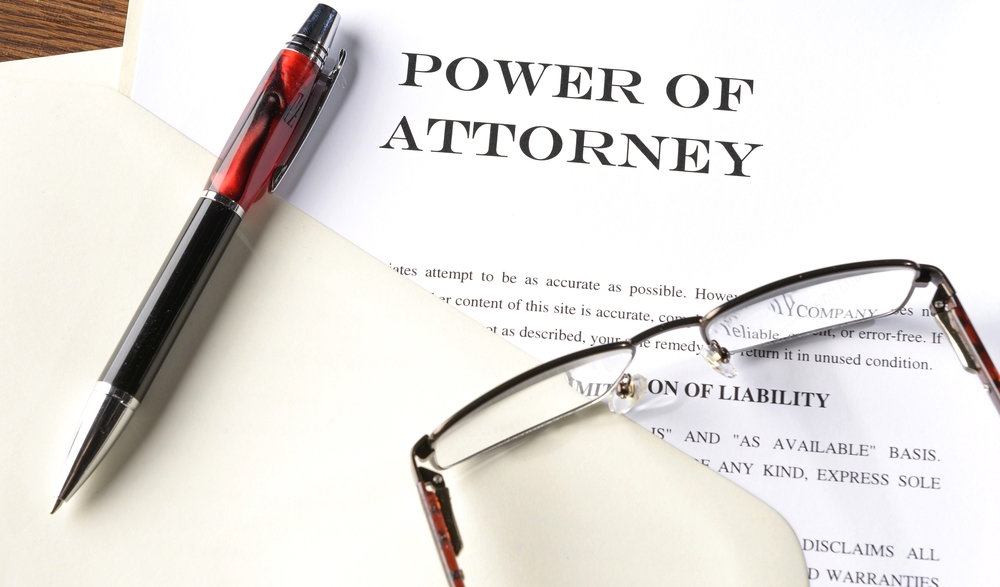Watch “In The Legal Know” with Vincent J. Russo Vincent appeared on CFN Live on…

Do I Need a Power of Attorney?
YES, YES, YES! If you are over the age of 18 (and chances are if you’re reading this you are), you should have a power of attorney. Unless you would rather leave it up to a judge.
A power of attorney is a legal document where you are giving your agent(s) the power to sign your name. A comprehensive power of attorney will allow your agent to do a number of important, and oftentimes critical, things for you, including but not limited to:
- Access your finances
- Pay your bills
- Sell or mortgage your property
- Deal with your retirement account
- Set up trusts
- Protect your assets if you require long term care
Powers of attorney typically fall into two categories – general and durable. A durable power of attorney remains in effect if you become incapacitated. The power of attorney must state that it is durable, otherwise, it is general and is of no use if you become incapacitated.
The person you appoint in your power of attorney (the “agent”) should be someone you trust and is often a spouse or one or more of your children. You can name more than one agent, but then have to decide if they have to act together or can act independently. There are pros and cons to both and should be discussed with an experienced elder law or estate planning attorney who can assist with which works best for your particular situation.
You can give your agent as much power as you choose and can also limit an agent’s authority to act on your behalf. Typically, though, a broadly drafted power of attorney is preferred to allow your agent to do whatever is needed, especially protecting assets.
Without a power of attorney (or if the power of attorney is not sufficient for what is needed), then a guardianship must be commenced in court. A judge will then appoint a guardian, if appropriate, to handle the person’s financial affairs. This guardian may or may not be someone you know, or trust, or would have chosen yourself. This process is also time-consuming and expensive.
With a properly prepared and executed power of attorney, you likely will avoid your family and loved ones the time and expense of a guardianship and will have chosen those you trust to handle your financial matters and protect your assets.
You should also review your power of attorney periodically with your attorney to make sure it is current and up to date.




Thank you for pointing out that a power of attorney is a legal document where you are giving your agent the authority to sign your name. My husband and I have been thinking about talking to a lawyer about different types of documentation. It’s good to know what a power of attorney can do.